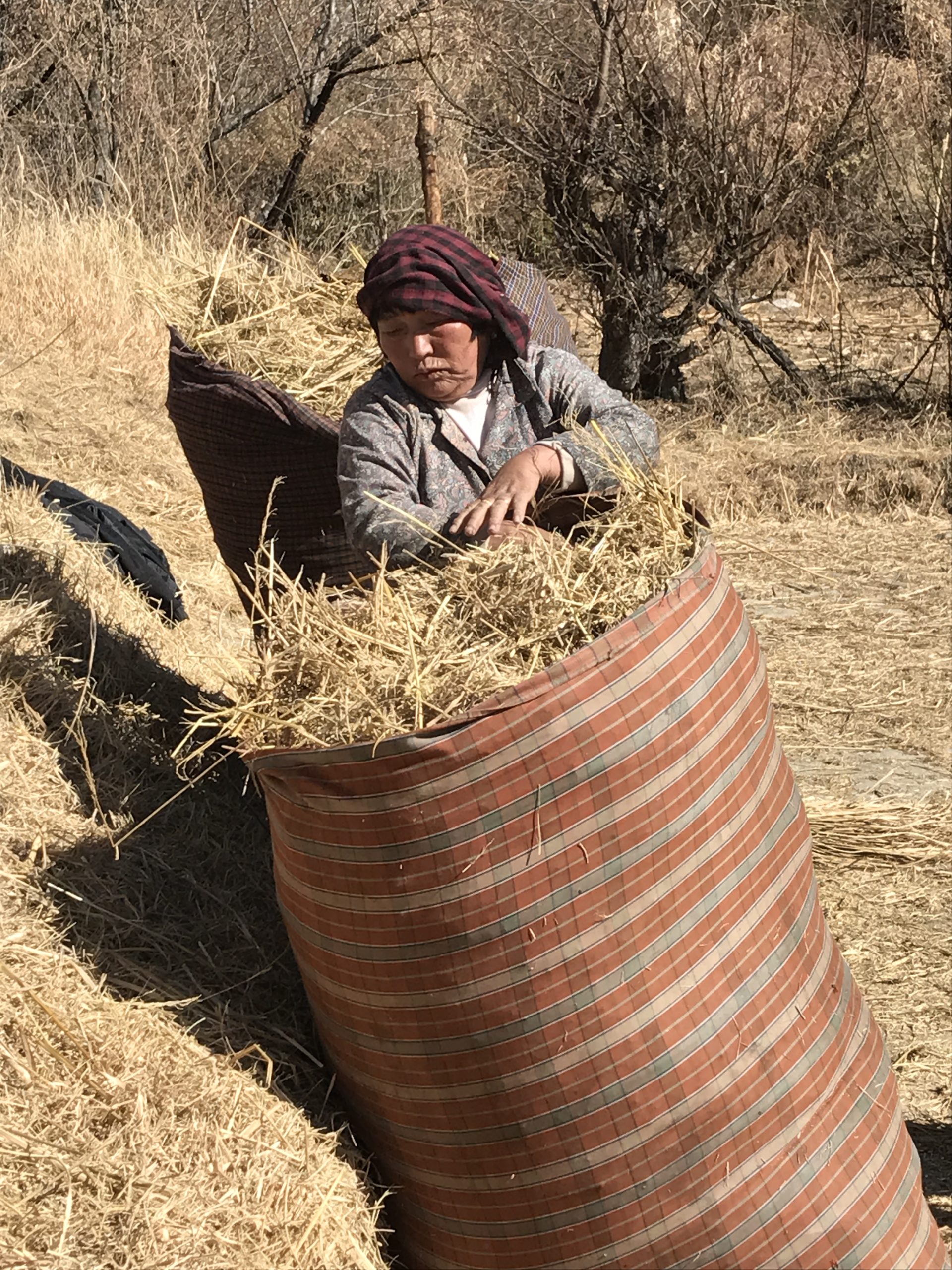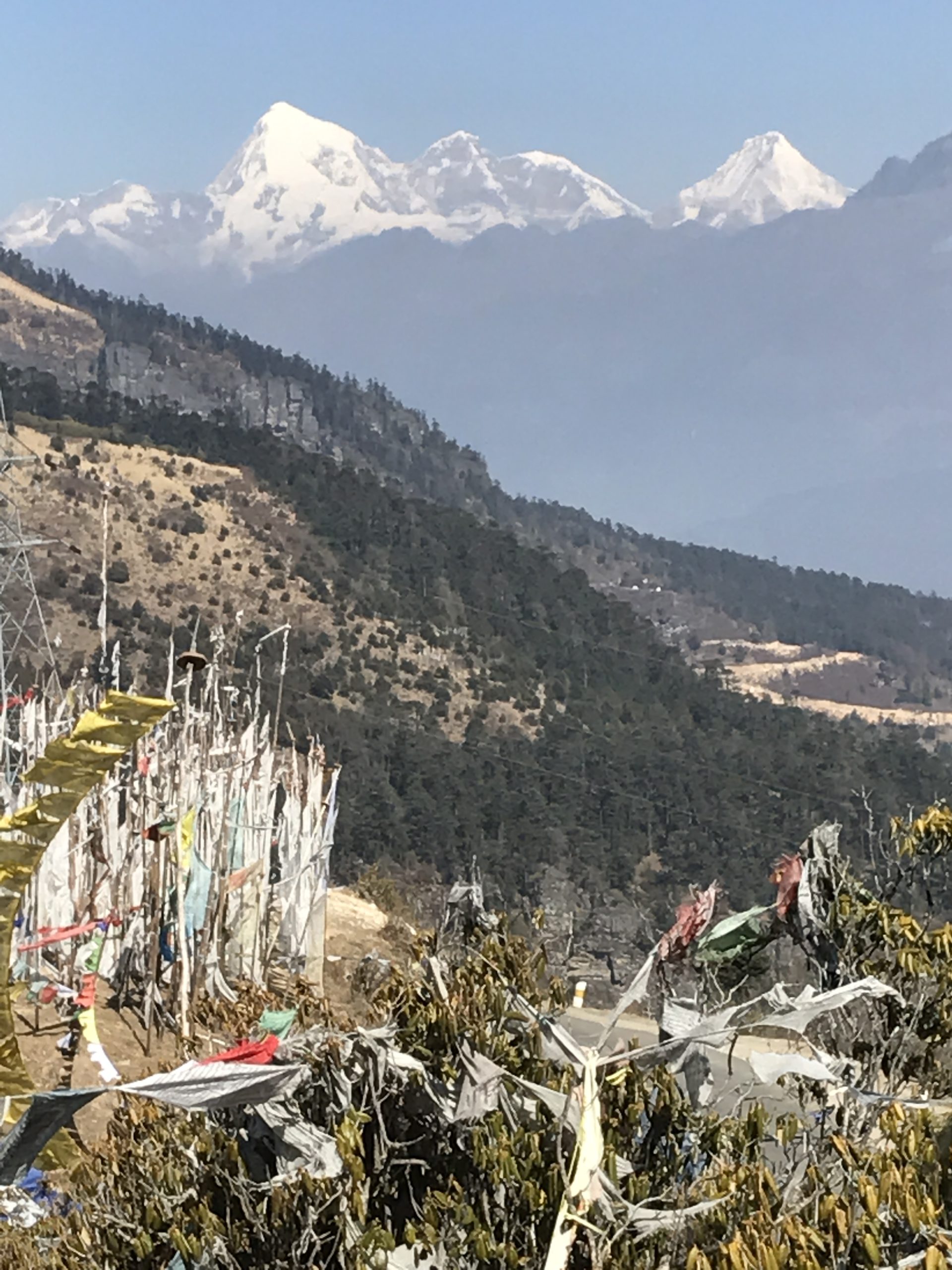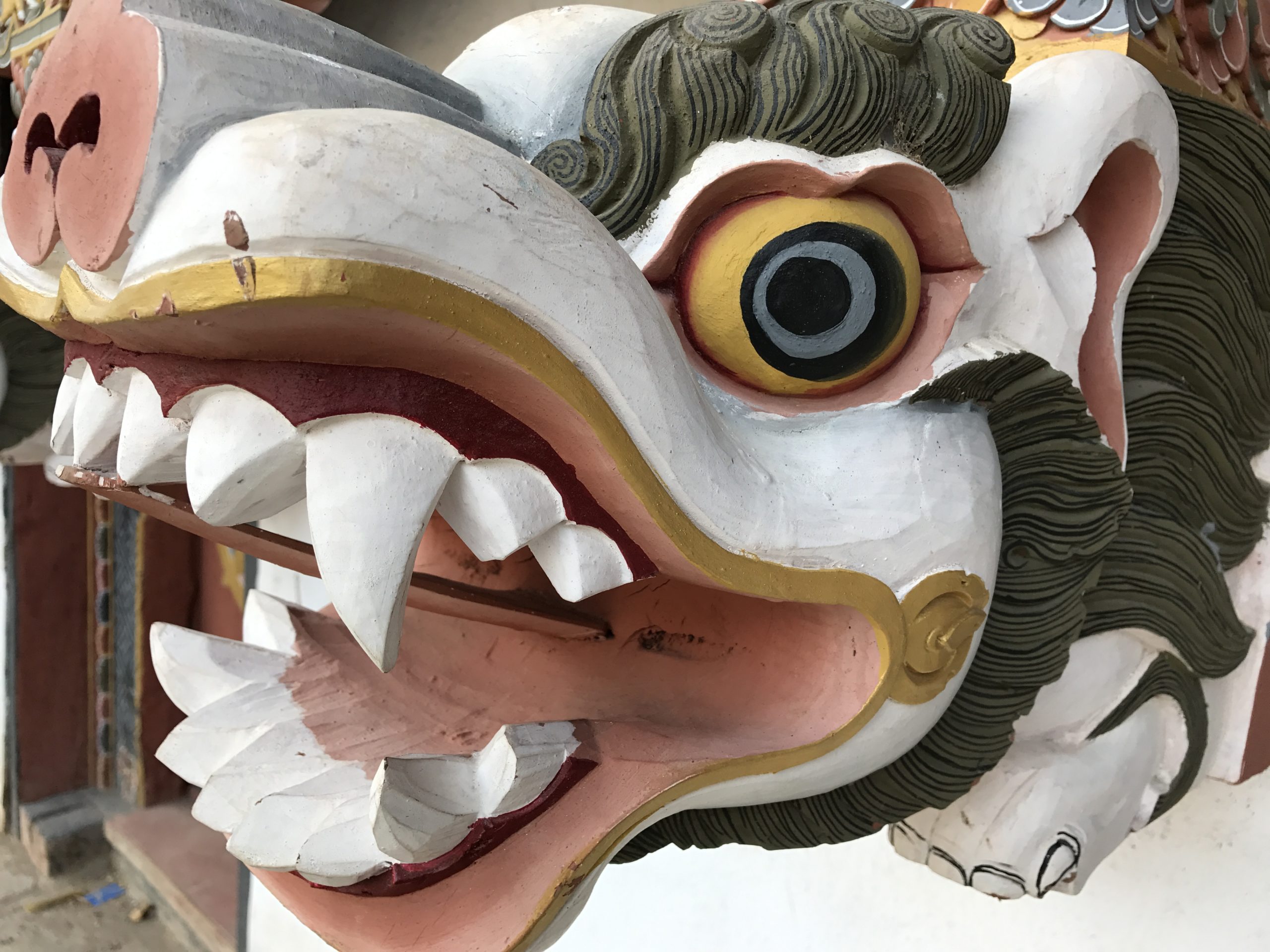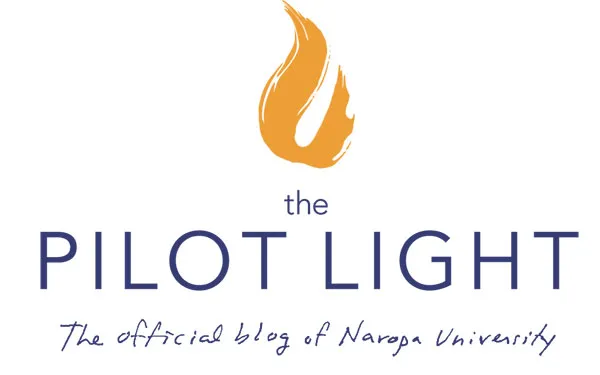
Anne Z. Parker, PhD—Naropa faculty member in Environmental Studies and Resilient Leadership and Director and faculty for the Naropa BA Bhutan study abroad program—led a round-table at the Association of Nepal and Himalayan Studies annual conference this weekend on the topic of Decolonizing Research in the Himalayas.
The topic sparked a spicy and vibrant dialogue among scholars assembled from across the Himalayas and from the US, England, and other parts of India, addressing the history, ethics, and new visions for research in the region. Research has had a history of naming and claiming the discourses about other cultures, their world views, forms of science and land management, as well as non-collaboration with local people etc.—a trend now being replaced and refreshed.
 Comments at and responses to the panel varied from concern that “decolonizing research” will merely create a new, more subtle and longer lasting from of hegemony for western educational models and expectations about knowledge to, as one Nepali scholar noted: “Well nowadays with internet, if outside scholars inaccurately represent our cultures and interests, we are able to give immediate feedback on the accuracy of their work, so we don’t have to bear the burden of years of someone’s inaccurate description of our lives and world for years as we did in the past. Now our voices shape the representation of our own culture.”
Comments at and responses to the panel varied from concern that “decolonizing research” will merely create a new, more subtle and longer lasting from of hegemony for western educational models and expectations about knowledge to, as one Nepali scholar noted: “Well nowadays with internet, if outside scholars inaccurately represent our cultures and interests, we are able to give immediate feedback on the accuracy of their work, so we don’t have to bear the burden of years of someone’s inaccurate description of our lives and world for years as we did in the past. Now our voices shape the representation of our own culture.”
Anne was delighted to be joined in the roundtable by Dr. Pasang Sherpa from the New School, Dr. Dinesh Paudel from Appalachian University, Dr. Sienna Craig from Dartmouth, Dr. Amy Holmes-Tagchungdarpa from Occidental College and Amelia Hall from Naropa University to launch this critical discussion.
Meanwhile the hallways and rooms were full primarily of bright young scholars and professors from all of the countries across the Himalayas looking a climate change issues, GLOFS (Glacial lake outburst), resilience in farming systems as climate changes, cultural preservation and innovation, religious traditions, new forms of literature, migration and diaspora…and many other topics alive in the region.

Passionate, articulate, dedicated researchers, and change agents…it was inspiring to say the least. Secretly—or not so secretly—I expect we are all in love with these amazing mountains and the people, and we are passionately seeking to care for this land—as I sensed it the kindness, humility, and camaraderie as we sipped chai together and shared news.
Anne has done agricultural and cultural research in the Himalayan region over forty year and guides Naropa’s Bhutan Study abroad program in which she teaches new/decolonizing research perspectives to the Naropa students.


